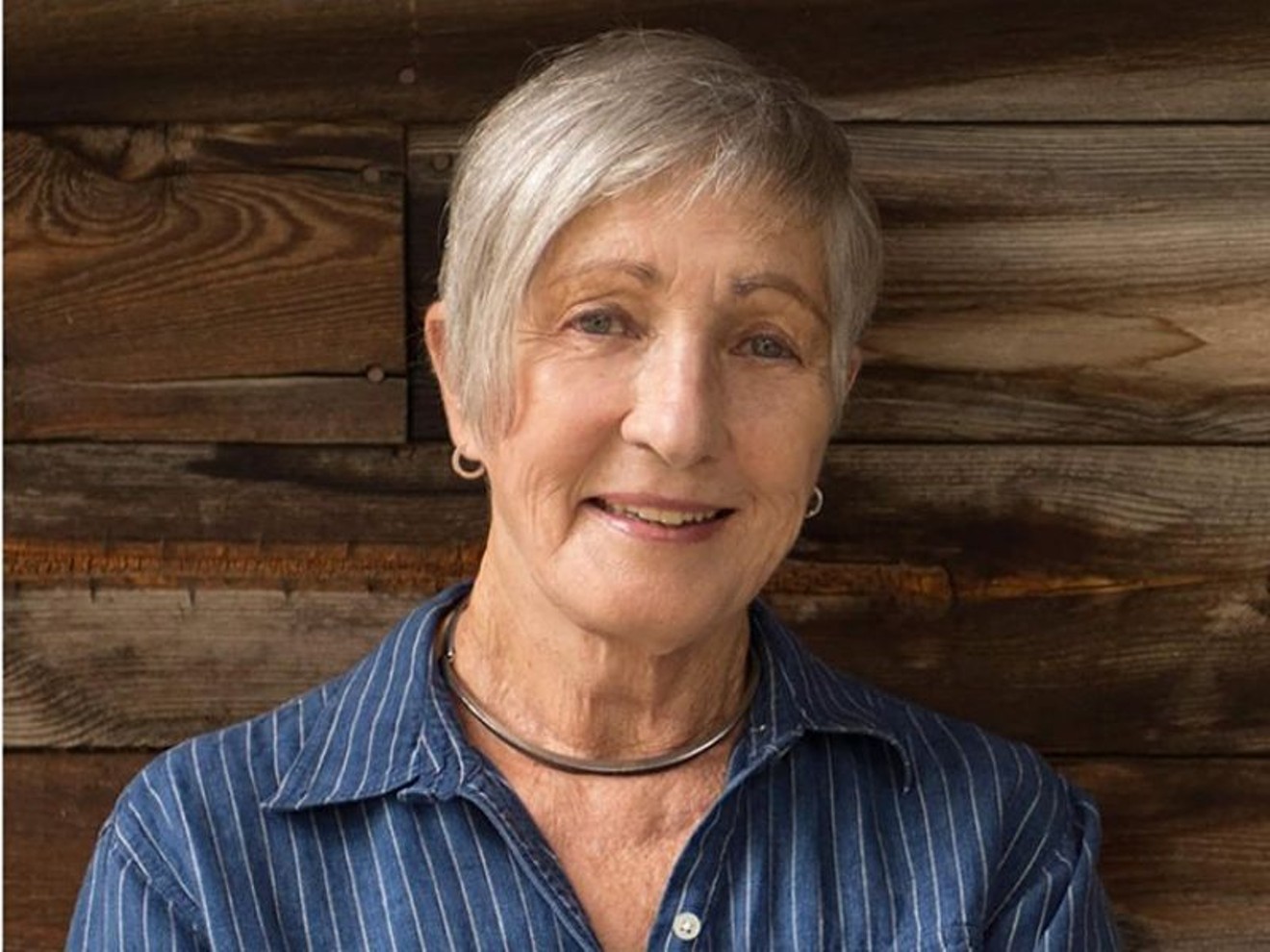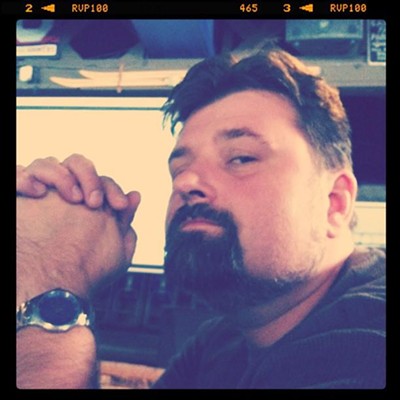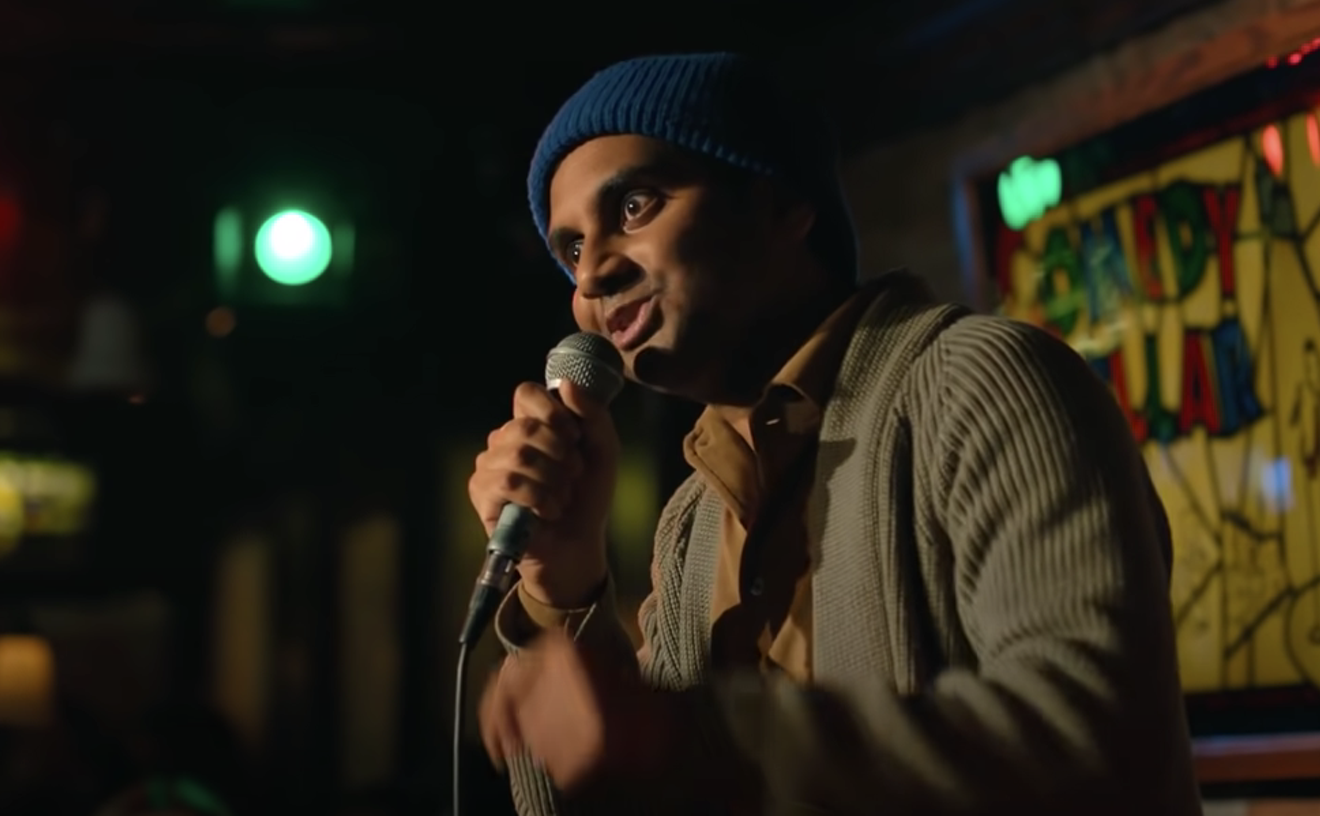Award-winning author Sandra Dallas is Colorado through and through. She grew up in Denver and got her start in journalism school at the University of Denver, which led to a two-decade-plus stint at Business Week, where she eventually became the first female bureau chief. From there she moved into a successful career as a writer in several genres, from young adult to non-fiction to fiction with a Western focus, most recently with her sixteenth novel, Westering Women.
Dallas will be discussing that book at a January 29 reading at the Boulder Book Store, as well as during appearances at the Denver Woman’s Press Club (February 9) and Golden’s Rocky Mountain Quilt Museum (February 16). We caught up with her between engagements to talk about Westering Women and more.
Westword: You're traveling the state extensively with your newest book, Westering Women. What's your favorite part about visiting so many book stores and venues in your home state?
Sandra Dallas: Writing is solitary work. I don’t know how readers react to what I’ve written until I talk to them. Visiting book stores puts me in touch with them. Sometimes readers interpret things differently from what I intended. With my first book, Buster Midnight’s Cafe, for instance, I have a movie star buying dresses for her hometown friends to wear to a party in Hollywood. I thought she did that because she was embarrassed at the way her friends dressed. Readers, however, saw it as compassion.
Tell us a little about how Westering Women got started as a project. Where did the idea originate?
I’ve wanted to tell this story ever since I started writing novels. As a girl, I resented the way women were shown in Western movies about the Overland Trail. Their hair and makeup were perfect, of course, but they were idiots. They always had to be rescued by men. Women and girls were treated the same way in books back in the 1950s. I knew women were as competent as men on the Overland Trail, and I wanted to write a story that would portray them that way. That idea was in the back of my head for years. I wasn’t sure of my plot, but I knew the beginning and the ending, so one day I just sat down and started to write. I ended up with a cast of thousands and had to rewrite and focus through several drafts. My books generally take a year to write, but this one took more than twice that.
With well over two dozen books under your belt at this point, including everything from adult fiction to young adult fiction and non-fiction, what's your favorite genre at this point? What are the unique challenges of each one?
I like writing novels best, because they are the most challenging. With nonfiction, you have a notebook full of information that you have to organize and present in a readable form. You know the storyline. With fiction, you don’t know what’s going to happen. It’s a process I don’t understand, but it works. While I’m sitting at my computer — or walking down the street — things occur to me. I know scraps of things that will happen, but until I’m actually writing, it doesn’t come together. What I love is the surprises that happen as I write. In one book, for instance, I realized two of my main characters would marry each other. I was so thrilled that I hugged myself. And they were pretty happy when I told them. Writing children’s books, incidentally, is a lot like writing novels, only they’re half the length, which means plots are simpler. Still, writing for kids isn’t just writing short sentences. Young people today are far more knowledgeable than when I was young. So my mid-grade books include death, domestic abuse, alienation and everything else that kids face today.
Can you describe your writing process a little bit? Where do you write, and how do you carve the time out of your day to do it? Any superstitions or traditions important to the process?
I have an office at home and write a page a day, single-spaced, so about 600 to 700 words. The next day, I edit that first page and write another. I go through that process until the chapter is completed. Writing doesn’t take that much time, maybe a couple of hours, although I may go back ten or twenty times a day to add a word or write a line. No matter where I am, it seems, I’m always writing in my head.
James Thurber was at a party once when his wife ordered, “Stop writing.” Thurber said, “She caught me in the middle of a sentence.” I don’t have any superstitions, although I rarely talk about what I’m working on, because I’ve written novels that haven’t made it, and it’s embarrassing when someone comes back and asked “Whatever happened to that novel…?”
One of your several appearances in the coming months is with the Denver Woman's Press Club, in connection with the Amache Preservation Society, where you'll talk about your novel Tallgrass. Can you talk a little bit about that book?
I learned about the Japanese internment camps in the 1960s when I was pheasant hunting with a friend in southeastern Colorado. He told me he’d show me something he bet I’d never heard about, and took me to see the remains of Amache. I did research on the camp and discovered that after the war, the barracks were sold to the University of Denver to handle the influx of veterans going to school on the G.I. bill. My journalism classes at DU were held in one of them. I decided to write Tallgrass after I read a Robert Harvey book filled with interviews with Amache survivors. I realized there was a wonderful story to be told about the loyalty the Japanese internees displayed even in the face of prejudice and unfair treatment. At the time I wrote the book, men were being held at Guantánamo without charges. I wondered if there was a parallel with World War II Japanese internment. While the circumstances were different, in both cases we allowed fear and prejudice to take away human rights.
On a personal note, you divide your time between Denver and Georgetown; why those two very different cities? What does each one offer you specifically?
I grew up in Denver and have lived here most of my life. So it’s home. Some twenty years ago, almost on a whim, we purchased a tiny house in Georgetown, and later restored a large Victorian that is now known as the Bride’s House, for one of my books. Georgetown is a cohesive town of people who are fiercely proud of Georgetown and its history. We hadn’t planned on becoming any more than weekend residents, but were swept up in the kindness of the people there and now consider ourselves part of the community.
Novelist Jane Smiley called you "a quintessential American voice." Well-earned praise is always gratifying, but is there a responsibility that's carried with that label? Is being an "American voice" a heavy load to carry?
Ha! I don’t think anybody expects me be to any kind of voice. I certainly don’t. I just write books and hope people like them. I think the best praise I can get is hearing a reader say, “I loved that book.”
Fair enough. So what authors inspire you? Who are your "quintessential American voices"?
I love Anne Lamott’s books on faith. They are so clever and funny; I wish I could write humor like that. Truman Capote probably is my favorite writer. I read his books, then ask myself, “What makes you think you’re a writer?” There a couple of books I wish I’d written — Shane and Lilies of the Field. Both are simple, inspiring stories. The problem is I write about women, and women don’t stand up to gunfighters or construct churches.
Is there a topic in Colorado or Western history that fascinates you but you haven't tackled yet?
I never know what I’m going to write until the idea hits me. Right now, I’m wondering how women faced the loneliness and the challenges of living on the prairie during the homesteading days. I’m always interested in women’s history in the West and probably will always write about it.
Sandra Dallas will read from and sign her new book Westering Women at 7:30 p.m. on Wednesday, January 29, at the Boulder Book Store, 1107 Pearl Street in Boulder. Admission is $5 and includes a voucher good for $5 off on any book that day. Find out more here.
[
{
"name": "Air - MediumRectangle - Inline Content - Mobile Display Size",
"component": "12017618",
"insertPoint": "2",
"requiredCountToDisplay": "2"
},{
"name": "Editor Picks",
"component": "17242653",
"insertPoint": "4",
"requiredCountToDisplay": "1"
},{
"name": "Inline Links",
"component": "18838239",
"insertPoint": "8th",
"startingPoint": 8,
"requiredCountToDisplay": "7",
"maxInsertions": 25
},{
"name": "Air - MediumRectangle - Combo - Inline Content",
"component": "17261320",
"insertPoint": "8th",
"startingPoint": 8,
"requiredCountToDisplay": "7",
"maxInsertions": 25
},{
"name": "Inline Links",
"component": "18838239",
"insertPoint": "8th",
"startingPoint": 12,
"requiredCountToDisplay": "11",
"maxInsertions": 25
},{
"name": "Air - Leaderboard Tower - Combo - Inline Content",
"component": "17261321",
"insertPoint": "8th",
"startingPoint": 12,
"requiredCountToDisplay": "11",
"maxInsertions": 25
}
]














